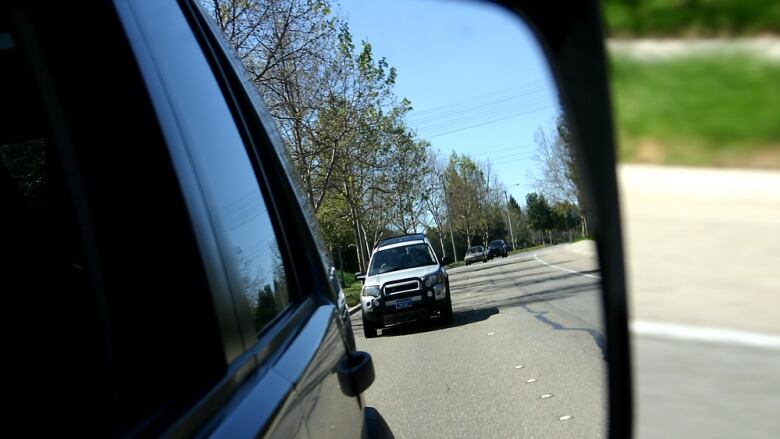'Unregulated field' of private police needs greater oversight, report warns
Experts call for greater governance, training and oversight to keep powers in check in growing industry

Private police have exploded in numbers in recent years, but Canada is lagging behind other countries in tracking their often-covert activities something that experts warn could compromise privacy and public safety if growth continues unchecked.
"There is little or no governance or oversight of private security firms in Canada, no mechanisms that require standardized reporting by private security firms, and only minimal standards in place for licensing, training and discipline of the various positions within the private security industry," reads a research report prepared for Public Safety Canada.
Provincial and federal statutes, including privacy rules, govern surveillance and the collection and use of information. But the report finds lax licensing requirements and a lack of oversight are failing to keep the activities of private investigators, analysts and guards in check.
"This has a number of consequences, including an inability to ensure that private security companies are not vulnerable to organized crime, unethical and/or illegal behaviour," the report said.
The report, released to CBC News, comes amid news reports about questionable surveillance and data collection activities of Canadian police and spy agencies. Two Quebec police forces have come under fire for tracking the cellphones of journalists, while a federal court condemned the Canadian Security Intelligence Service for illegally retaining the metadata of people not under investigation.
The report finds a "potential" for private security to play an important role in community safety. But it warns of the dangers of an expanding role in the national security apparatus that falls largely under the radar.
Huge disparity
Curt Griffiths, a criminologist at B.C.'s Simon Fraser University who co-authored the report, called the growing business of private security an "unregulated field."
The lack of oversight and a huge disparity among provinces and territories on training and background checks, complaint mechanisms, auditing and reporting raisethe risk of private investigators intruding on privacy by "sleuthing around," or"mall cops" who might abuse authority.
A robust oversight and accountability regime is long overdue, Griffiths said.
"The role of the federal government, ideally, would be to develop some national standards for private security so you get rid of the variability across jurisdictions and bring everyone up to the same level," he told CBC News.
His 104-page report found the number of licensed security companies and individuals is far outpacing the growth of public police officers.

Private agents up 40%
In 2012, according to the report, there were about 140,000 individuals and 3,000 businesses licensed in Canada's private security industry. That marks a 40-per-cent increase in just five years.
Meanwhile, over roughly the same period between 1999 and 2014, the number of police officers increased by 18.7 per cent, topping out at 68,896 officers, according to the report.
Michael Kempa, a criminologist at the University of Ottawa, said the areas where private agents operate including shopping malls, university campuses and condominium lobbies and parking lots is ever expanding.
That means citizensare forgoing rights to those who are enforcing "arbitrary rules of the proprietors," Kempa said.
Without regulation, the uncontrolled growth of the industry could become a"massive problem," including an inequality of protection and safety services between the rich and the poor.
Public police taking 'back seat'
"As these agencies claw into ever more functions, one day you'll turn around and realize that public police has taken a back seat to private actors who are not monitored in the same way," Kempa said.
But Christopher Murphy, a sociologist at Nova Scotia's Dalhousie University, believes public and private police have distinct roles.
"We don't want highly paid, highly trained, legally empowered police officers doing some of the important but low-level, low-skilled, not-necessarily-legally-connected activities, such as providing presence in a neighbourhood," he said.
Police officers enforce the law, while private security personnel have a broader mandate. Instead of competing, he said, they should find ways to better co-ordinate and integrate services.
As for keeping private actors in check, he said employees can be fired if they are acting inappropriately, abusing authority or bringing ill repute to the company.












_(720p).jpg)


 OFFICIAL HD MUSIC VIDEO.jpg)
.jpg)



























































































